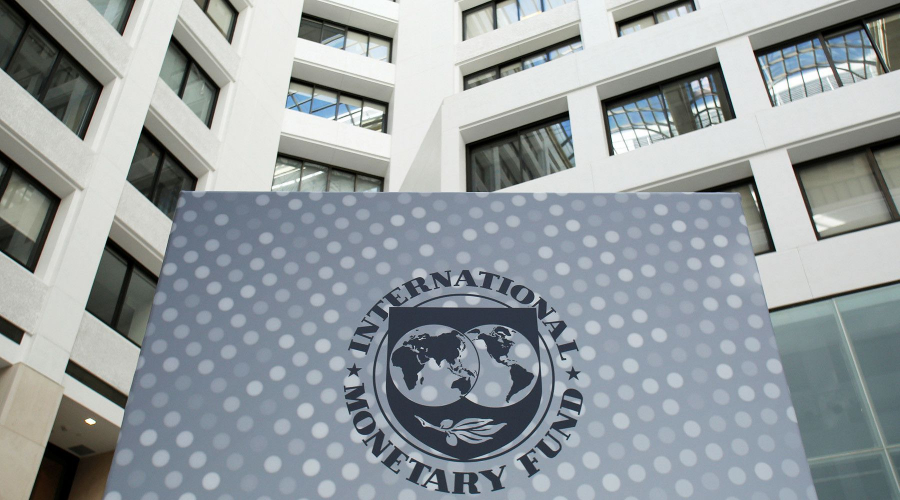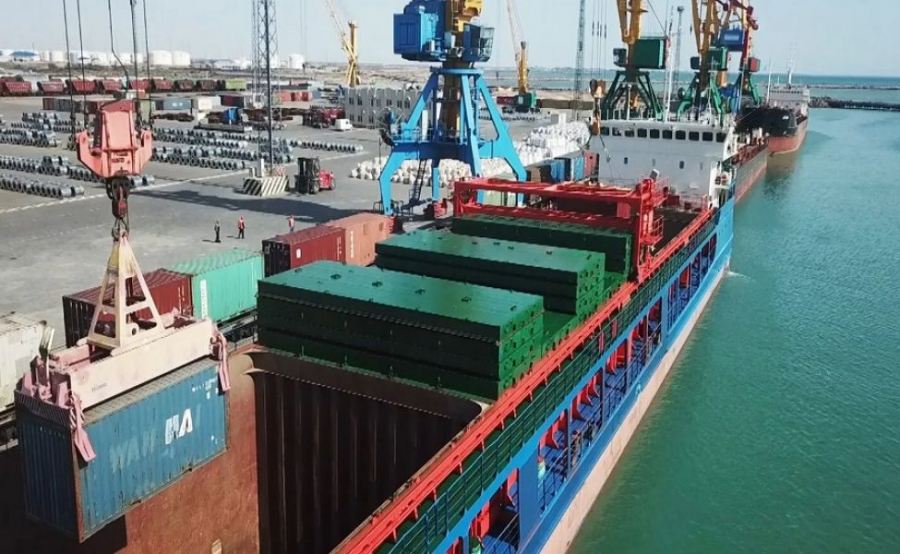
Kazakhstan is set to introduce a «green corridor» for
tourist groups to facilitate their movement at border checkpoints. Minister of
Tourism and Sports Yerbol Myrzabossynov announced the initiative during a
government meeting. According to him, the measure will reduce passport control
processing time by nearly five times. The mechanism is already operating in
pilot mode at the borders with Russia and the Kyrgyz Republic. The next major focus
is shopping tourism, with the Tax Free pilot project aimed at boosting
tourists’ purchasing activity. The project is currently active in several
regions of the country.
«As part of this system, goods worth 4.9 billion tenge have
been sold to foreign tourists. The average sales receipt amounted to 837,000
tenge. This is an indicator of the TOP 10 countries in the world. To improve
the system, the following measures are proposed. Specifically, consider the
possibility of transitioning the Tax Free system from a pilot mode to a
permanent one, implementing this system in all regions of the country, and
digitizing the application process,» Myrzabossynov said.
Kazakhstan is also proposing to simplify the process of
obtaining the Neo Nomad Visa, particularly through an electronic migration
portal. This will significantly reduce processing times. The Neo Nomad Visa
allows foreign nationals to stay in Kazakhstan for up to one year. Overall, the
country plans to introduce a unified digital tourism ecosystem.
«The creation of the unified mobile application, TravelStan,
has been initiated. It is a full-fledged digital assistant, with functionality
based on artificial intelligence. This means the app will help tourists book
hotels, buy tickets, find guides and routes, order taxis, and consolidate all
necessary services in one digital space,» Myrzabossynov added.
For the convenience of tourists, the Kazakhstan.travel
portal offers all the necessary information for travelers, available in eight
languages. It includes registers of virtual 3D tours and tour operators.
Additionally, the E-Guides platform has been developed to help tourists find
verified guides.









